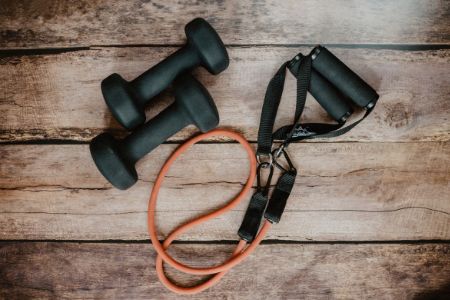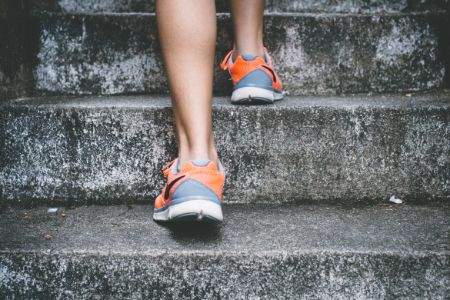Best Time to 🤸♂️ Exercise?
According to BBC and others, there is increasing evidence that the time of day we exercise makes a difference to our performance and health. For example, competitive swimmers tend to perform better around 5pm. But peak workout times may also be customisable for individuals. 👟

Plus, optimal workout times can vary between men and women and our circadian rhythms affect performance and our response to exercise as well …
The 🧠 brain's hypothalamus reacts to light via optic nerve signals. This suprachiasmatic nucleus (pacemaker) sends signals to other organs, muscle and fat tissue in order to keep the body in sync. It is these ‘clocks’ that can be adjusted by different cues like eating 🥣 and sleeping 🛌 etc.
But while this can influence performance, it may also influence the effect of exercise on our health. For example, mice that ‘exercise’ early in the day lose more body fat which could — if results like that are transferable to humans — be beneficial for general population health.

For men, late day exercise lowers blood pressure — for women, it affects belly fat more. But, research results vary and it may just be that ‘early birds’ and ‘night owls’ have different times optimised for exercise and that exercise time is adaptable by our bodies. In lab experiments, mice can change their max-exercise times regardless of time of day — it's the routine that is key.
So, if you're competing in an event, train at race-day-specific times but the general advice is that mornings seem better for sleep and heart health while evening exercise may be better for weight loss. But, lower body temperature during exercise may not benefit those seeking to drop a few ‘kgs’!

Regardless of the time of day — any 🏋️ movement is good 🤸♂️ movement! 👌
- ↜ Previous: All 🧺 Towelled 🧖♀️ Up
- ↝ Next: Read 📖 200 Books 📚 a Year